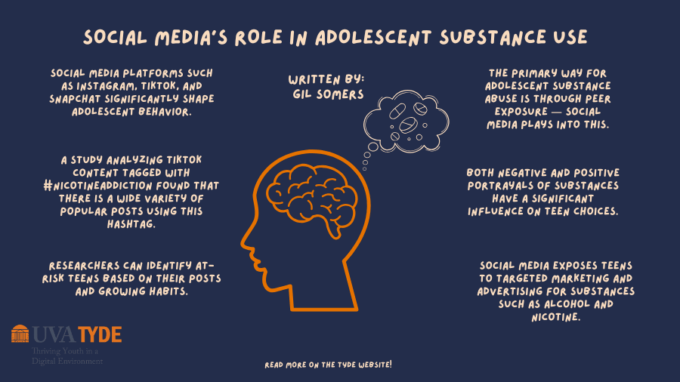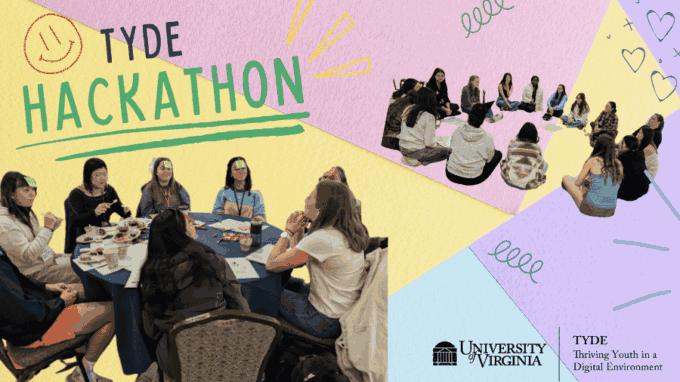TYDE co-director Nancy Deutsch with TYDE affiliate Noelle Hurd, along with colleagues Michelle Kaufman (Johns Hopkins University) and Westley Fallavollita (University of Virginia), published “Research to Practice Brief: Social Media, Digital Wellness, & Mentoring” through the National Mentoring Resource Center. The briefing reviews the challenges of social media research and explores methods the youth-serving programs can “support positive social media use” and “mitigate the risks and maximize the benefits of digital technology use by teens.”
In addition to exploring the risks youths face on social media, the authors lay out the often-overlooked positive aspects of teens’ online social worlds:
Despite some negative implications, social media platforms offer numerous positive aspects that have the potential to contribute to youth development and well-being. One of these is the facilitation of social connections and friendships (Utz et al., 2020). Social media offers the potential to allow youth to maintain relationships with friends, family members, and acquaintances regardless of geographical distances. This connectivity may foster a sense of belonging and support, especially important during adolescence when social interactions play a crucial role in identity formation. The ability to maintain supportive relationships with adults and peers could be especially useful over key transition points during adolescence (e.g., transitions between schools/levels of schooling, family moves).
Moreover, social media can be a powerful tool for self-expression and creativity. Many young people use platforms to showcase their talents, share artistic endeavors, and express unique viewpoints. Research suggests that this creative outlet boosts confidence while also encouraging innovation and exploration of new interests (Mander, 2021).
The authors review how supportive adults can help foster digital wellness in young people:
Central to digital wellness is the concept of maintaining a healthy balance between online and offline activities to prevent potential negative impacts such as digital overuse, sleep disturbances, and mental health issues (Firth et al., 2019; Orben & Przybylski, 2019). While policy-level interventions to hold companies and governments accountable
for digital wellness are still developing, educating youth about the importance
of setting boundaries, practicing digital hygiene, and prioritizing meaningful offline interactions may contribute to overall well- being in the digital age in the meantime (Whitlock et al., 2021).
Read the rest of the briefing here.



